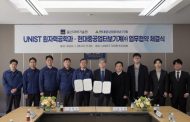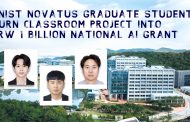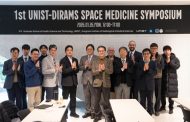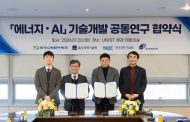UNIST and Korea Zinc Co., Ltd. have formalized a strategic partnership aimed at fostering specialized AI talents for industrial applications. On August 11, the two institutions signed a memorandum of understanding (MOU) to collaborate on comprehensive AI education and research initiatives.
This partnership is part of Korea Zinc’s broader ‘AI-based Smart Refinery’ strategy, which aims to revolutionize its manufacturing processes through digital transformation. UNIST will systematically develop practical AI professionals, with approximately 300 employees of Korea Zinc set to participate in an intensive four-month training program starting on September 2, 2025.
The curriculum is designed to enable participants to apply AI technologies directly to industrial settings. Central to the program are hands-on, project-based learning (PBL) utilizing real process data, emphasizing practical problem-solving skills essential for addressing complex challenges in manufacturing environments.
Beyond education, UNIST and Korea Zinc will expand their collaborative efforts to include joint research, technical consulting, and industry problem-solving projects. The strategic partnership aims to facilitate continuous innovation and support the commercialization of new AI technologies.
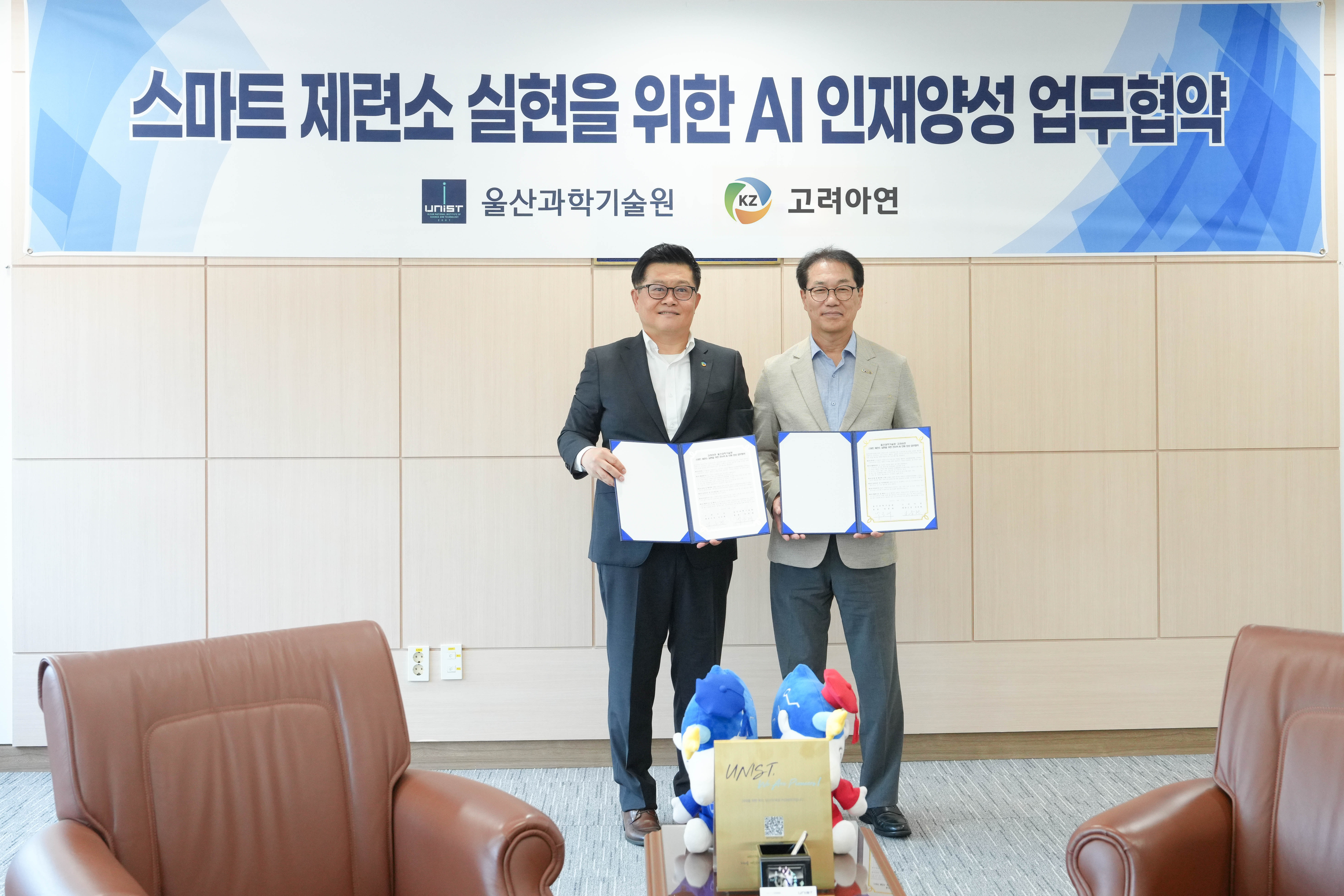
UNIST President Chong Rae Park (right) and Seung Hyun Kim (left), Head of Korea Zinc’s Onsan Refinery, took a commemorative photo after the ceremony.
UNIST President Chong Rae Park expressed, “AI is a crucial tool for enhancing industrial competitiveness.” He further added, “Through this partnership with Korea Zinc, we are committed to cultivating industry-specific AI expertise and leading the digital transformation of manufacturing sectors.”
A representative from Korea Zinc highlighted, “For the success of our smart refinery initiative, it is essential for employees to deepen their understanding of AI and develop practical application skills,” adding “We aim to strengthen data-driven management capabilities and foster a technology-centric organizational culture.”






